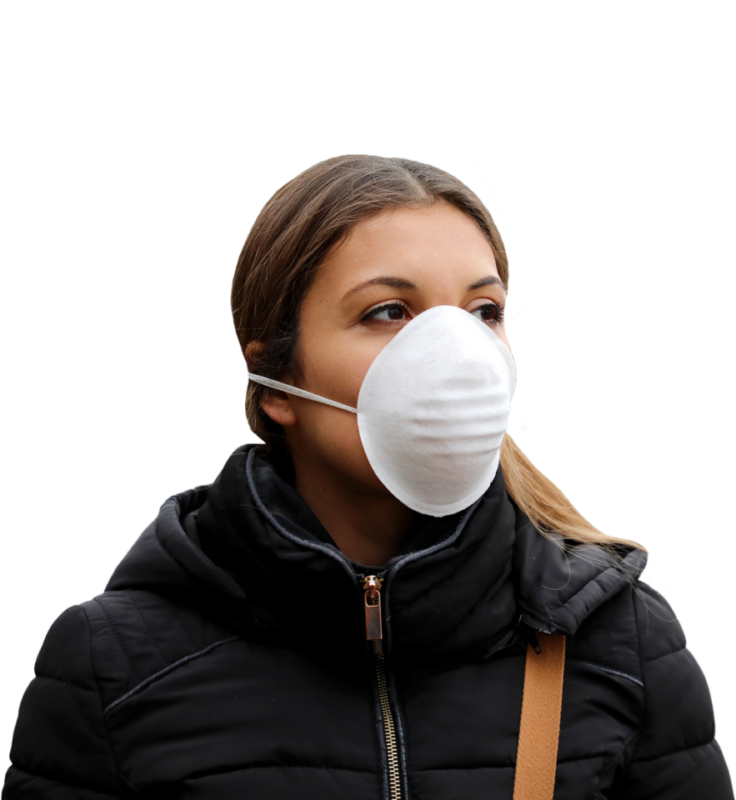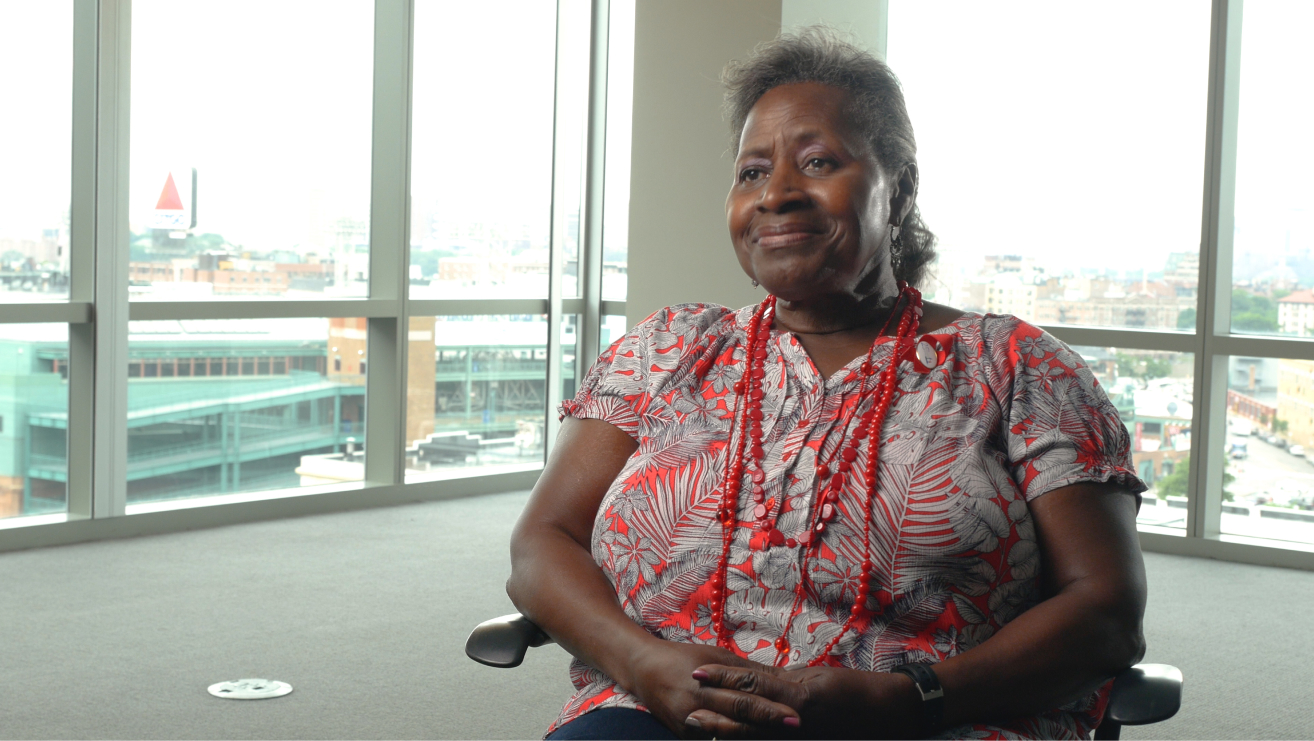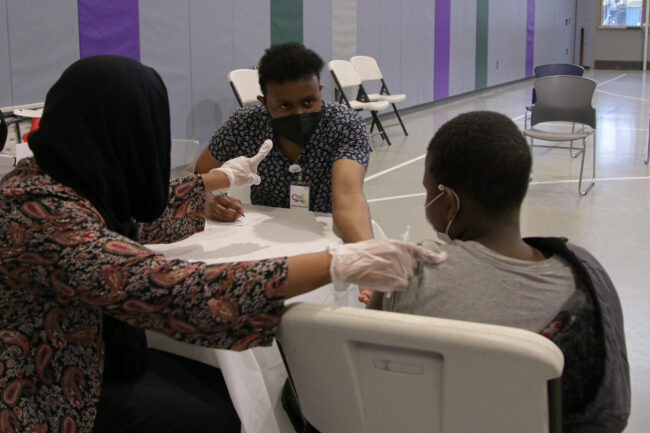COVID-19

Millions of people worldwide have died from COVID-19, a respiratory disease caused by a virus identified in 2019 and declared a global pandemic by the World Health Organization (WHO) in March 2020. In the US, more than one million people have died from COVID-19. Data has shown that both death and infection rates for the disease disproportionately affect “Black, Hispanic, American Indian or Alaska Native (AIAN), and Native Hawaiian or Other Pacific Islander (NHOPI) people have experienced higher rates of COVID-19 cases and deaths compared to White people,” according to the Kaiser Family Foundation.
After infection, some people experience persistent symptomatic COVID-19 or new chronic health conditions, which is referred to as post-COVID conditions and/or long-COVID. In addition, COVID-19 can exacerbate existing chronic diseases. Nearly four million people are out of work or working reduced hours due to long COVID, representing up to $230 billion in lost wages, according to The Brookings Institution.
Although it is too soon to fully know the impacts of long COVID on communities, what is known is that—prior to the emergence of COVID-19—particularly Black people and Hispanic people, were already experiencing disproportionately higher rates of chronic illnesses.
Another major issue challenging communities are fewer vaccination and testing sites, following the reduction in federal funding when emergency COVID funds were discontinued.
Many community-based organizations face new barriers in finding local and state partners to assist them in offering free vaccinations throughout their communities to “meet people where they are.”
Community Catalyst continues to partner with communities and local health providers through public health initiatives, including prevention efforts to address vaccine hesitancy and uptake in systemically excluded communities, to ensure that COVID-19 care is accessible and equitable. Our work helps to influence how COVID-19 policies serve communities and respond to people’s needs, which is an essential part of our commitment to a health system that anchors race equity and health justice.

The COVID-19 pandemic exposed the shortcomings of the nation’s health system, in particular the uneven and unjust access to health coverage faced by Asian, Black, Indigenous, Latinx, Pacific Islander, and additional systemically excluded communities, including people with low incomes. It also revealed ways the health system generates profits and reinforces forms of oppression including white supremacy, ableism, and patriarchy. Even as vaccines and treatments for COVID-19 have become available to reduce the likelihood of severe disease, hospitalization, and death, access to them has been unequal, aggravating existing disparities for those most hurt by our health system today.
